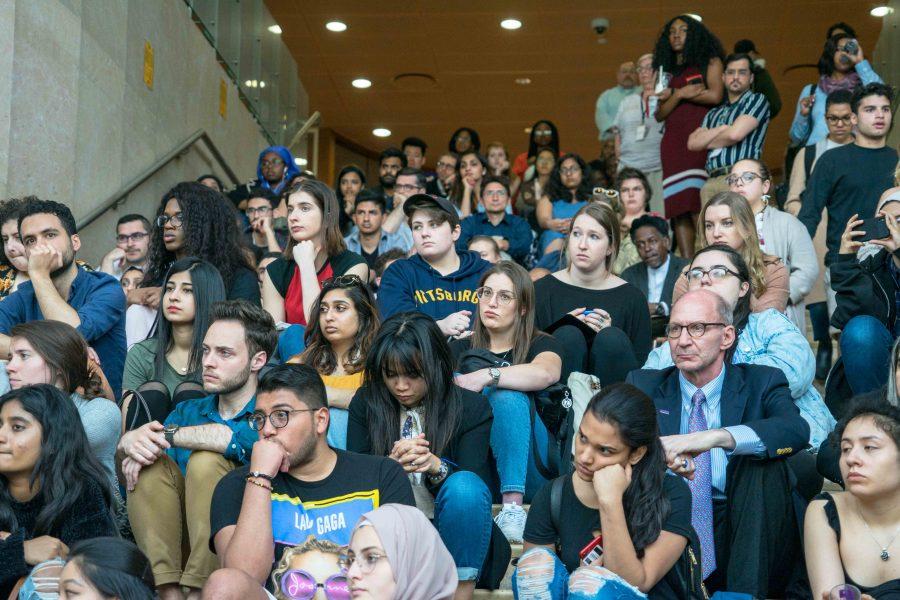Gut-wrenching attacks were carried out this past Easter Sunday in hotels and churches across Sri Lanka, leaving more than 300 people dead and about 500 injured. My heart goes out to the mothers, fathers, brothers, sisters and friends that lost someone that day.
It is very worrying that our generation is growing up in a time where religious wars and barbaric violence are rampant, and so it is also of paramount importance that we refuse to stand for this inane way of making a statement. We need to hold the hands of those suffering from losses that will leave scars for a lifetime and understand that the internet can be a way to help — whether it is by spreading words of love and support or condemning those that encourage violence.
The media is an important tool that can change the way people think and spread messages of peace and inclusivity. That being said, to imagine that it is used objectively in today’s world of biased reporting and fake news is just that — imagination. I came across a saddening statistic by Al-Jazeera, a newspaper that has an impressive global network, broadcasting from Doha, Washington D.C. and London. The statistic was this: within 24 hours of both incidents, Google searches for Notre Dame outnumbered those of the attacks in Sri Lanka by seven to one. The spikes in the searches for Notre Dame were found mainly in the Western hemisphere, but can people really be blamed? The media is famous for giving more attention to problems in countries with predominantly Caucasian citizens compared to crises in third-world countries, that are often more severe.
The trend of giving more attention to first-world countries is hardly new. In 2015, far more attention was given to the attacks in Paris than the bombings in Beirut. Questions as to why social media giant Facebook provided a so-called safety check feature right after the Paris attacks, but not after the Beirut bombings. Readers tend to sympathize more with problems affecting places they have read, heard about, or in cases like Paris, visited. As a result, news channels tend to focus more on events occurring in these places rather than conflict in less “popular” countries like Syria, Qatar or Pakistan.
The discrepancy between interest in Notre Dame and Sri Lanka is not surprising. As an international student from India, I read more about Sri Lanka because it is so close to home for me. But even so, there was barely any conversation on campus about the terrible crimes committed in Sri Lanka. NYU’s response was lackluster — a hasty email sent at 3:14 p.m. this Tuesday about a vigil at the Kimmel Center for University Life planned for 4:30 p.m. on the same day. In a campus as diverse as ours, more attention needs to be given toward facilitating events that spread awareness and give students a chance to mourn for those affected by atrocities across the world. Care needs to be taken to ensure that these events are better planned and that information is made more available to students about when and where they are held.
This general lack of concern for “unpopular” countries is, of course, troubling, because the more that people empathize with strife in a different country, the more they want to help. In that sense, it is vital that the media bear the responsibility and the weight of the repercussions that its journalism can have and make editorial decisions with a holistic view of global affairs in mind. It is a sad day for the world when journalism is reduced to a business for its consumers rather than a profession that can make a difference somewhere in the world.
“Op-Ed Your Eyes” is a commentary on current affairs, and Diya’s goal is to make her readers more aware about what’s happening in the world. Diya Jain is a first-year in CAS studying economics.
Opinions expressed on the editorial pages are not necessarily those of WSN, and our publication of opinions is not an endorsement of them.
Email Diya Jain at [email protected].
























































































































































